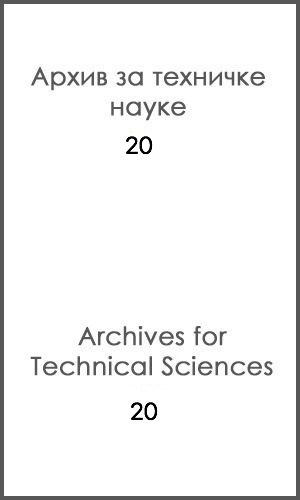INTEGRATED ASSESSMENT METHODOLOGY FOR LAND CONSOLIDATION PROJECTS: CASE STUDY PECINCI, SERBIA
DOI:
https://doi.org/10.7251/afts.2019.1120.043MAbstract
Changes in the structure and fragmentation of land plots, arising from the process of privatization and restitution, as well as from the realization of large-scale infrastructural projects in Southeast Europe and similar, actualize problems in terms of intensive agricultural production, and aesthetic and functional spacing design. The need for initiating new projects regarding land consolidation cycles is increasing with the aim to solve spatial, environmental, and strategic issues in agriculture, as well as to provide appropriate conditions for the application of modern land treating methods. However, land consolidation projects are very complex, long-lasting and financially very demanding. To minimize risk and exclude the possibility of inadequate selection methods, this paper describes the methodology for integrated assessment, which allows decision making on the basis of two or more methods. Per integrated assessment methodology, this study includes several multi-criteria analysis methods, which do not exclude the possibility of integrating other methods. The results obtained in this study are not only beneficial to the South-Eastern Europe region, but also to all countries where land redistribution is expanding.

